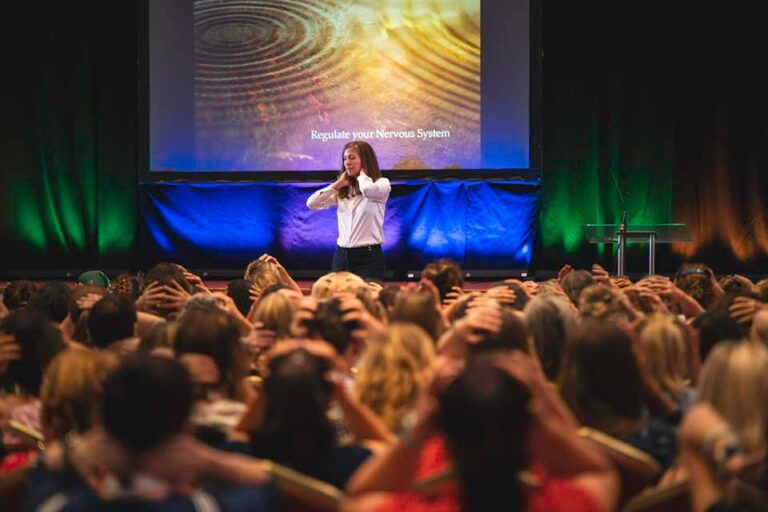Most of us think of tragedy as being synonymous with sorrow. And, indeed, this is true a large part of the time: tragedy is sad. But it doesn’t have the monopoly on one type of feeling – tragedy elicits all sorts of emotions, both what you’d expect and what may surprise you.
With children, this is an important element to remember – a child facing tragic circumstance won’t always react with tears or fears. They may react in all sorts of ways.
The reason for this is because children are human (albeit tiny ones) and, when it comes to heartbreak, there is no one-emotion-fits-all.
So, remember:
We all react to things differently: You’ve probably done it yourself a time or two. Perhaps you’ve heard a joke that made you wildly uncomfortable and you reacted with laughter, even though you didn’t find anything about it humorous. There is no steadfast “normal” reaction to anything, tragedy included.
Not everything about a tragedy is tragic: Another reason for fleeting, changing, and even opposing emotions is that not everything about a tragedy elicits a feeling of loss. Take, for example, a child facing the death of a grandparent who has been ill for awhile. They may find the death sad, but other elements may register as relief and even fun. The aunts and uncles who fly in for the funeral – bearing gifts and cousins to play with – may bring about a sense of satisfaction and happiness.
Some reactions are more physical than emotional: Tragedy certainly comes with its fair share of emotional signs, but physical and behavioral ones exist as well. A child facing grief might not cry, but they may demonstrate their suffering in other ways. They may withdraw or pace, they may ask questions about God, they may sweat more than usual, they may have trouble sleeping, they may grind their teeth, they may shake, or they may complain about headaches.
Children mirror their parents: As many of us know, children learn through observation. This is true during times of calm as well as times of calamity. A son or daughter who sees their mom or dad reacting to tragedy a specific way may follow suit. If the parents are full of anger, the child may find themselves mad as well.
Tragedy is confusing: Adults accept that bad things happen even when there seems to be no reason why – we’re forced to accept the bad as part of life. Kids have a more difficult time grasping this concept. That is another reason why they may experience a myriad of emotions: tragedy is confusing and, often, kids react accordingly, with emotions just as muddled.
Many of us find ourselves wishing that life was fair, all people were good, and that we could keep children safe no matter what; unfortunately, reality has other plans. But, for children facing tragedy, one of the most important things we can do is place no expectations on their feelings. Allow them to feel whatever they feel – that’s the first step to helping them heal.
Lisa Dion, LPC-RPT-S
Interested in credits and courses delivered to your living room? Take a look at all our classes, available on our learning site.





